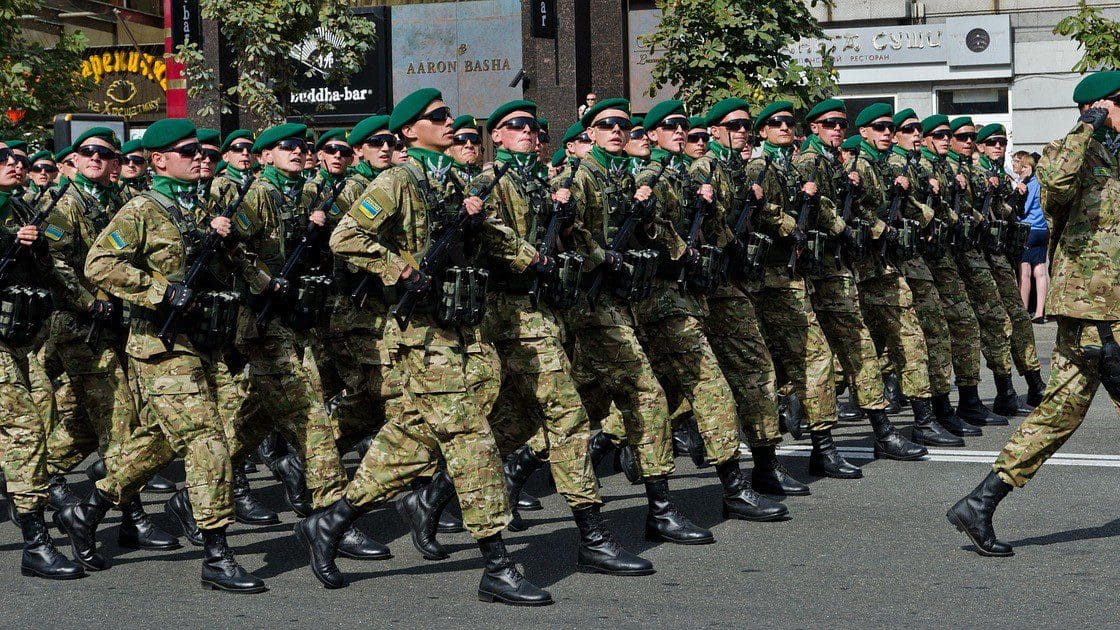While 59 per cent of European Union citizens would fight for their country within their own borders, barely more than a quarter (27 per cent) would take up arms outside their country. Moreover, there is an overwhelming rejection (69 per cent) of the participation of EU countries’ soldiers in the war in Ukraine, according to the findings of the Project Europe research by Századvég.
The survey noted that
there has been a significant increase in war rhetoric in the European political arena in recent months:
statements by numerous leading politicians in the European Union and Western Europe—instead of promoting peace talks—have been aiming to prepare for war and envision European countries’ involvement in war, suggesting that military support for Ukraine is essential for the defence of EU member states.
Among others, President of the European Council Charles Michel has advocated for a shift to wartime economics, while Josep Borrell, the EU’s High Representative for Foreign Affairs and Security Policy and Vice President of the European Commission, has noted that ‘a widespread European war is no longer a fantasy’. In addition, German Defence Minister Boris Pistorius is considering reintroducing conscription, while the leader of the European People’s Party group Manfred Weber has also expressed his support for compulsory military service.
The survey has revealed that public attitudes in Europe towards armed conflict and combat readiness significantly differ depending on whether the conflict is within or beyond national borders. According to the survey, 59 per cent of EU respondents would fight for their country within their own borders, while 27 per cent would not be willing to do so. In contrast, just over a quarter of EU citizens (27 per cent) would take up arms outside their country’s borders, while 54 per cent would reject doing so. In other words, less than half as many Europeans would fight for their country’s interests beyond its borders as within their own territory.
The highest rejection of fighting for their country beyond the home borders was registered among Hungarians (75 per cent) and Austrians and Belgians (66 per cent).
The survey also addressed the issue of European military forces being deployed to Ukraine:
more than two-thirds (69 per cent) of EU respondents reject the idea of their country sending troops to Ukraine,
while 25 per cent would not object to it.
Furthermore, the proportion of those agreeing with military intervention does not exceed the camp opposing intervention in any EU member state; the highest rates of reluctance to support Kiyv by sending troops are in Hungary (91 per cent) and Bulgaria (86 per cent), according to the research.
Read more:








